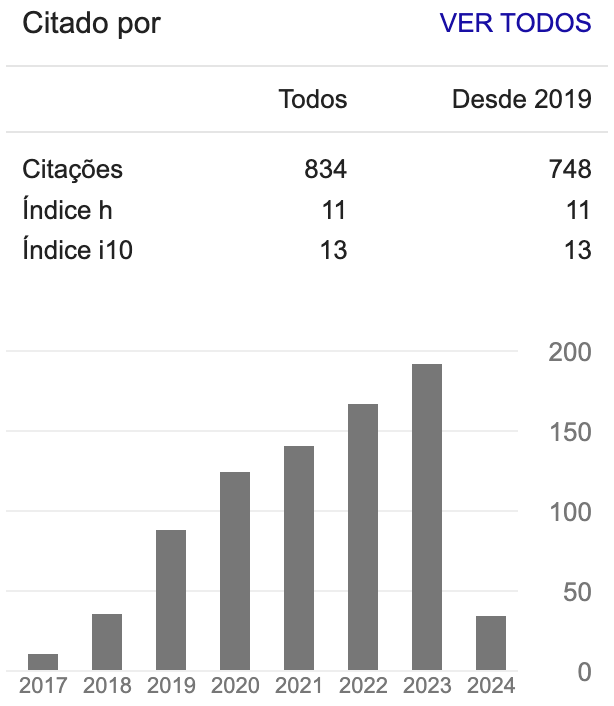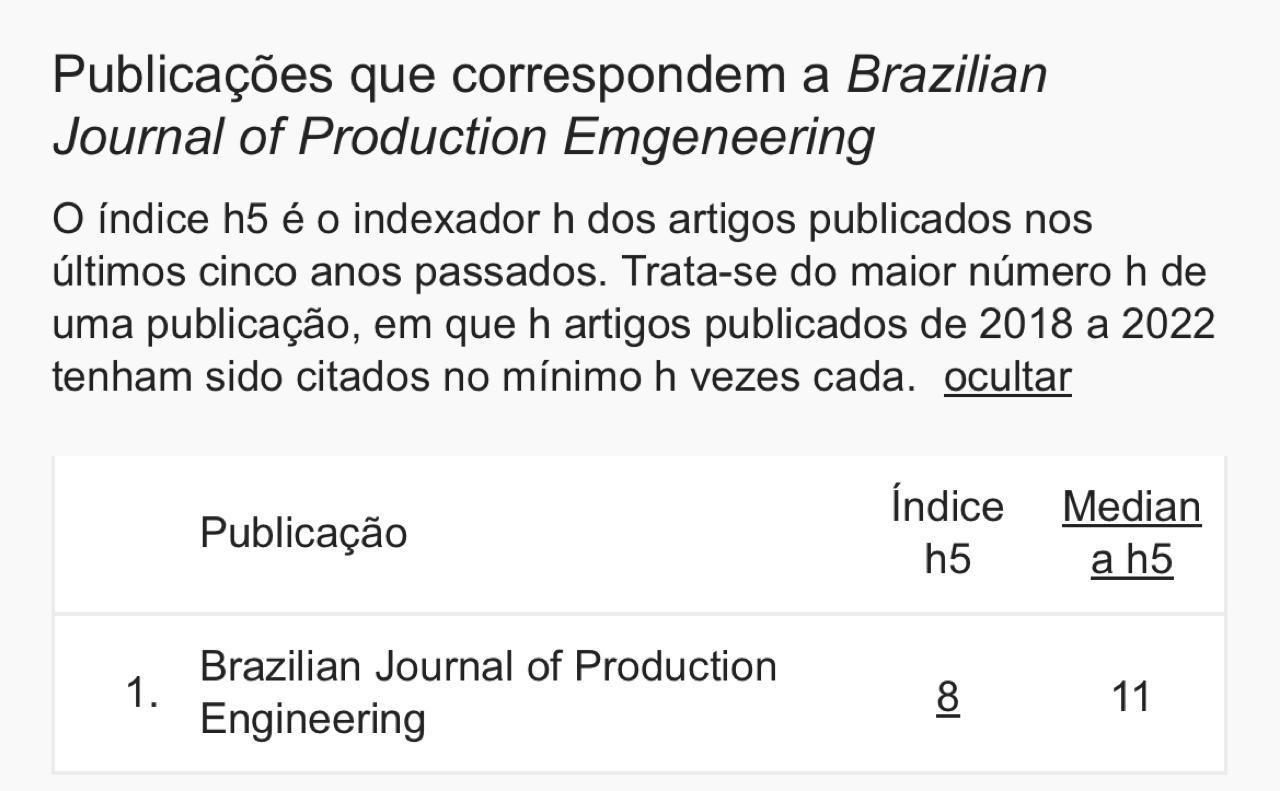Leadership influence on project area team "turnover" – Rio De Janeiro-Brazil
DOI:
https://doi.org/10.47456/bjpe.v7i2.35026Keywords:
Leadership; leadership styles; leadership profilesAbstract
This article shows the leadership styles applied on a mining project team, where the previous stakeholders’ point of view was analyzed and compared with the literature. The information used in this paper was collected from the data available on Google Academic and PECEGE-ESALQ-USP, where scientific articles were found and used as a base line for this single case study performed with six previous stakeholders. The field data were collected using a questionnaire containing open-ended questions and semi structured interviews, which were further analyzed and compared with the literature. The aim of this study is to identify the different leadership styles currently in place in the project engineering field and, based on the results, suggest a more suitable leadership approach. The leadership styles addressed in this study are: authoritative, laissez-faire, democratic and situation. The literature suggests a lack of self-worth and an overall negative working environment. The main contribution of this study is to propose the situation, democratic and transformational styles as being the most efficient ones to be adopted by the project management team from a mining company located in Rio de Janeiro, Brazil.
Downloads
References
Bass, B., & Avolio, B. (1999). Training full range leadership; A resource guide for training with the MLQ. California, EUA.
Byham, W. C, Andrey B. S., & Matthew, J. P. (2003). Formando Líderes – Como Identificar, Desenvolver e Reter Talentos de Liderança, Pearson Education do Brasil.
Chiavenato, I. (2003). Introdução à teoria geral da Administração. 7ed. Elsevier, São Paulo, SP, Brasil.
Chiavenato, I. (2005) Gerenciando com as pessoas: transformando o executivo em um excelente gestor de pessoas. 6ª reimpressão, Elsevier- Campos, Rio de Janeiro.
Fernandes. (2015). Conhecer os diferentes estilos de liderança. Recuperado de https://www.rhportal.com.br/artigos-rh
Gil, A.C. (2017). Como elaborar projetos de pesquisa. 6ed. Atlas, São Paulo, SP, Brasil.
Gil, A.C. (2008). Métodos e Técnicas de Pesquisa Social. 6ed. Atlas, São Paulo, SP, Brasil.
Hersey, P., Blanchard, K. (2007). Management of organizational behavior. 5ed. Prentice-Hall, Englewood Cliffs, NJ, EUA.
Lakatos, E. M., & Marconi, M. A. (2003). Fundamentos de Metodologia Científica. 5ed. Atlas, São Paulo, SP, Brasil.
Maxwell, J. C. (2011). O Líder 360°. Vida Melhor.
Maxwell, J. C. (2015). Liderando para o sucesso. Vida Melhor.
Miguel, P. A. C. (2007). Case research in production engineering: structure and recommendations for its conduction. Gestão & Produção 17(1): 216–229.
Miles, M. B., & Huberman, A. M. (1994). Qualitative data analysis. Sage Publications.
Narciso, V. (2018). Recuperado de www.sbcoaching.com.br/blog/estilos-de-lideranca
Newton, E. (2011). O Gestor de Projetos. 2ed. Pearson Education do Brasil, São Paulo, SP, Brasil.
Prodanov, C. C., & Freitas, E. C. (2013). Metodologia do trabalho científico [recurso eletrônico] : métodos e técnicas da pesquisa e do trabalho acadêmico. 2ed. Editora Feevale, Novo Hamburgo, RS, Brasil.
Raupp, F. M., & Beuren, I. M. (2003). Metodologia da pesquisa Aplicável às Ciências Sociais. In: Como elaborar trabalhos monográficos em contabilidade. Teoria e prática. 3ed. Atlas, São Paulo, SP, Brasil.
Robison, J. (2008). Turning Around Employee Turnover. Recuperado de https://news.gallup.com/businessjournal/106912/turning-around-your-turnover-problem.aspx
Sigaki, C. (2020)., Ser líder nunca foi tão importante — e tão difícil. Recuperado de https://gptw.com.br/conteudo/artigos/ser-lider-nunca-foi-tao-importante
Wright, P. L. (2011). Administração estratégica conceitos. Ed. Atlas, São Paulo, SP, Brasil.
Yukl, G. (2010). How Leaders Influence Organizational Effectiveness. The Leadership Quarterly 19: 708-722.
Zanelli, J. C., Borges-Andrade, J. E., & Bastos, A. V. B. (2014). Psicologia, organizações e Trabalho no Brasil. 2ed. Artmed, Porto Alegre, RS, Brasil.
Downloads
Published
How to Cite
Issue
Section
License
Copyright (c) 2021 Brazilian Journal of Production Engineering - BJPE

This work is licensed under a Creative Commons Attribution-NonCommercial-ShareAlike 4.0 International License.
Atribuição-NãoComercial-CompartilhaIgual
CC BY-NC-SA
This license lets others remix, adapt, and build upon your work non-commercially, as long as they credit you and license their new creations under the identical terms.





































































